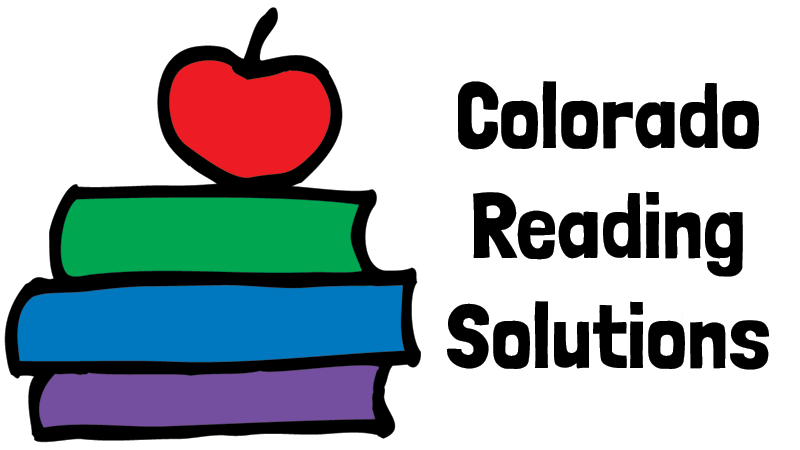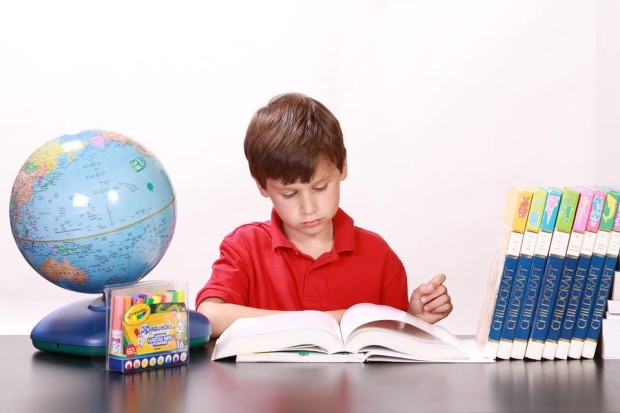The importance for children to know they are dyslexic can’t be understated. When children have difficulty with reading or spelling, they often think of themselves as “stupid.” This can lead to life-long problems with self-esteem and confidence. I have seen this in many adults who were not diagnosed with dyslexia as children and continue to struggle with self-esteem, as well as with children who don’t understand why they have difficulty in school until they are finally diagnosed.
Teachers and administrators need to be educated about dyslexia and to be granted the freedom to discuss it with families. School districts may label students as having a Specific Learning Disability (SLD), but this term is so vague that parents struggle to understand what this means and worry about what is actually going on with their child. This process can be confusing to parents because in most states dyslexia assessment is done outside of school districts (Dyslexia Assessment Fact Sheet). Students are often relieved to receive the diagnosis of dyslexia because they begin to realize nothing is “wrong” with them, but instead it’s a difference in how they process language. Once diagnosed, parents are able to gather information about what dyslexia means and what can be done to help their child. This can be empowering for parents as they learn to advocate for their child. When students are provided with the correct intervention, they begin to see they are capable of being successful readers and spellers.
The video, Kids Want To Know They Have Dyslexia, from television station WCVB in Massachusetts discusses why it is so important for children to know they are dyslexic; and addresses the benefits of a multi-sensory approach when teaching children with dyslexia.
Contact Kim Laue, at Colorado Reading Solutions

